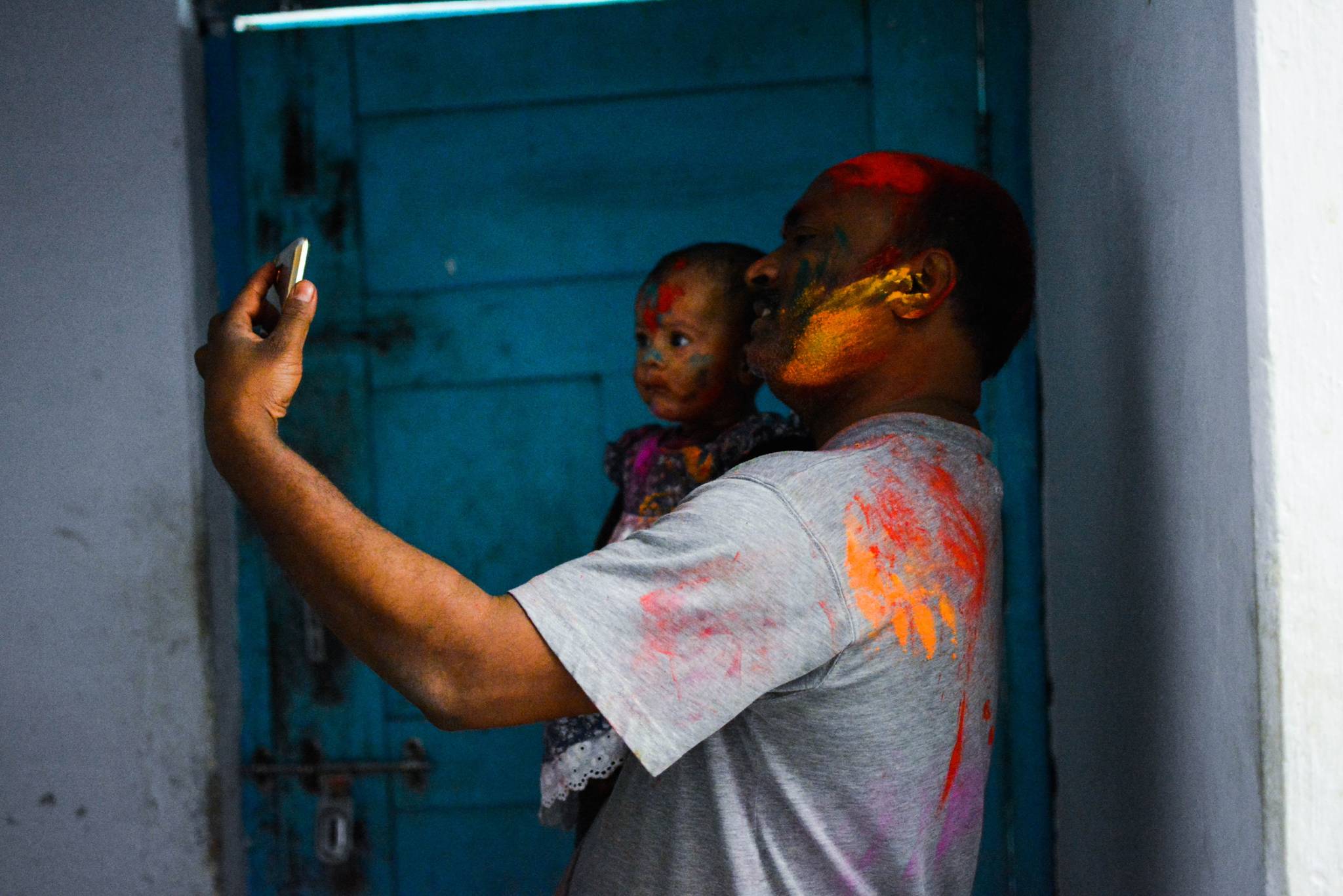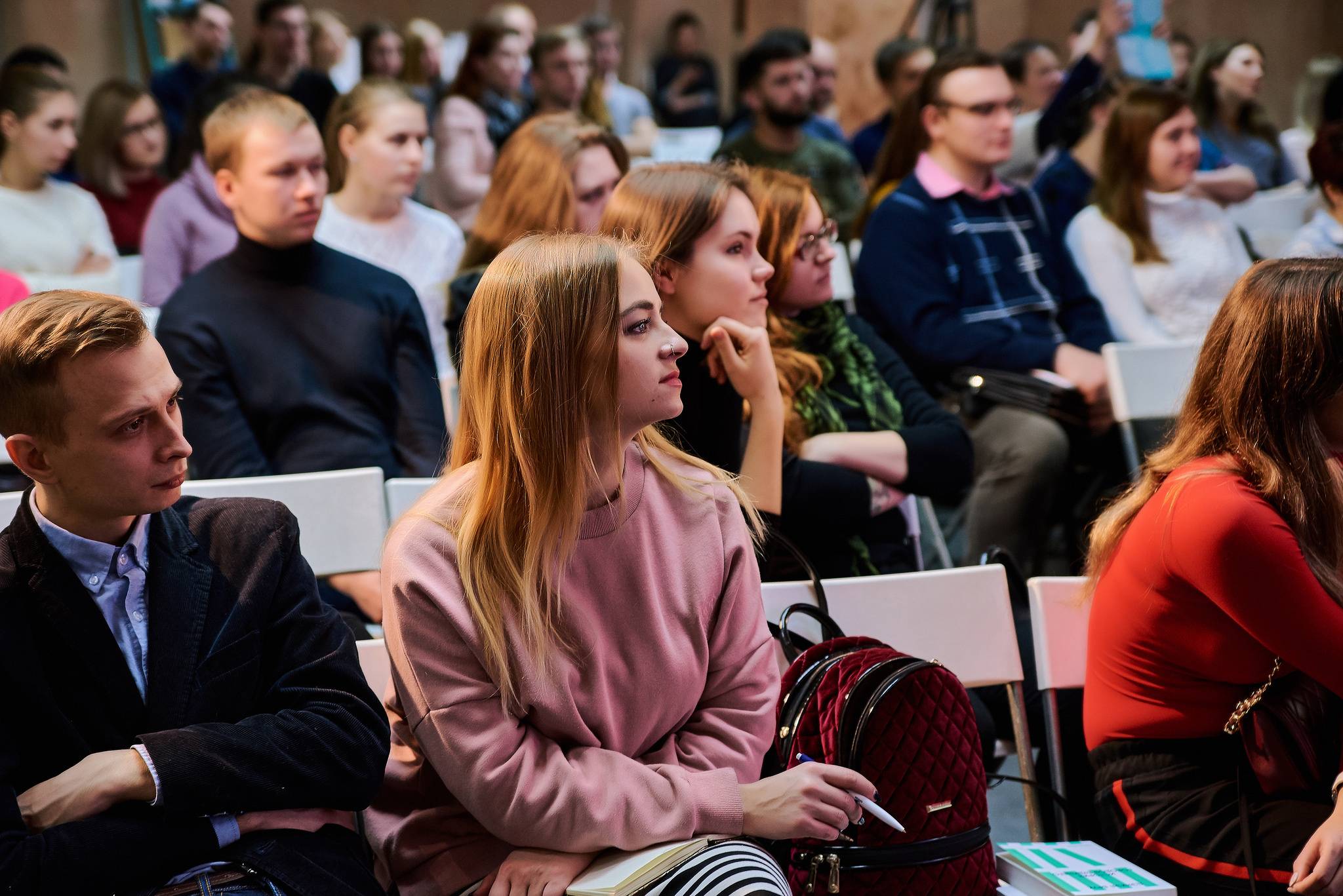
Deep Angel is an AI that can delete objects from photos. As people have become more self-conscious of their digital identities and how these personas can shape IRL opinions of them, the tool is giving users the power to control the smaller details that can have a big impact. We explore the insights behind how the company is helping people edit their online persona to perfection.
People can visit the Deep Angel website and upload photos that will then be scanned and interpreted by the AI. The tool then produces a list of objects it recognises – such as cars, dogs, and pizzas – that people can choose from and erase. In addition to removing objects from photos, Deep Angel can recognise if photos have been doctored. “The more people interact with the algorithm, the more attuned people will be to the potential and limitations of modern AI to manipulate the media. It's now possible to automate the vanishing commissar in Soviet photography, but the AI is not yet perfect,” reads the MIT Media Lab page on the project.
People are increasingly aware of their digital identities, with many moulding their online habits in response – 68% share to give others a better sense of what they care about. Brands like DashLane and Yoti are catering to those who want more control over how they’re perceived on the internet, and Deep Angel partly automates this process. Instead of having to remove entire photos, users can remove segments they no longer need, allowing them to forget painful memories.
Safa Amirbayat is a junior behavioural analyst at Canvas8, which specialises in behavioural insights and consumer research. An economics graduate from University College London with a specialism in industrial organisation and behavioural economics, he can be found boxing or reading a novel outside of work.



